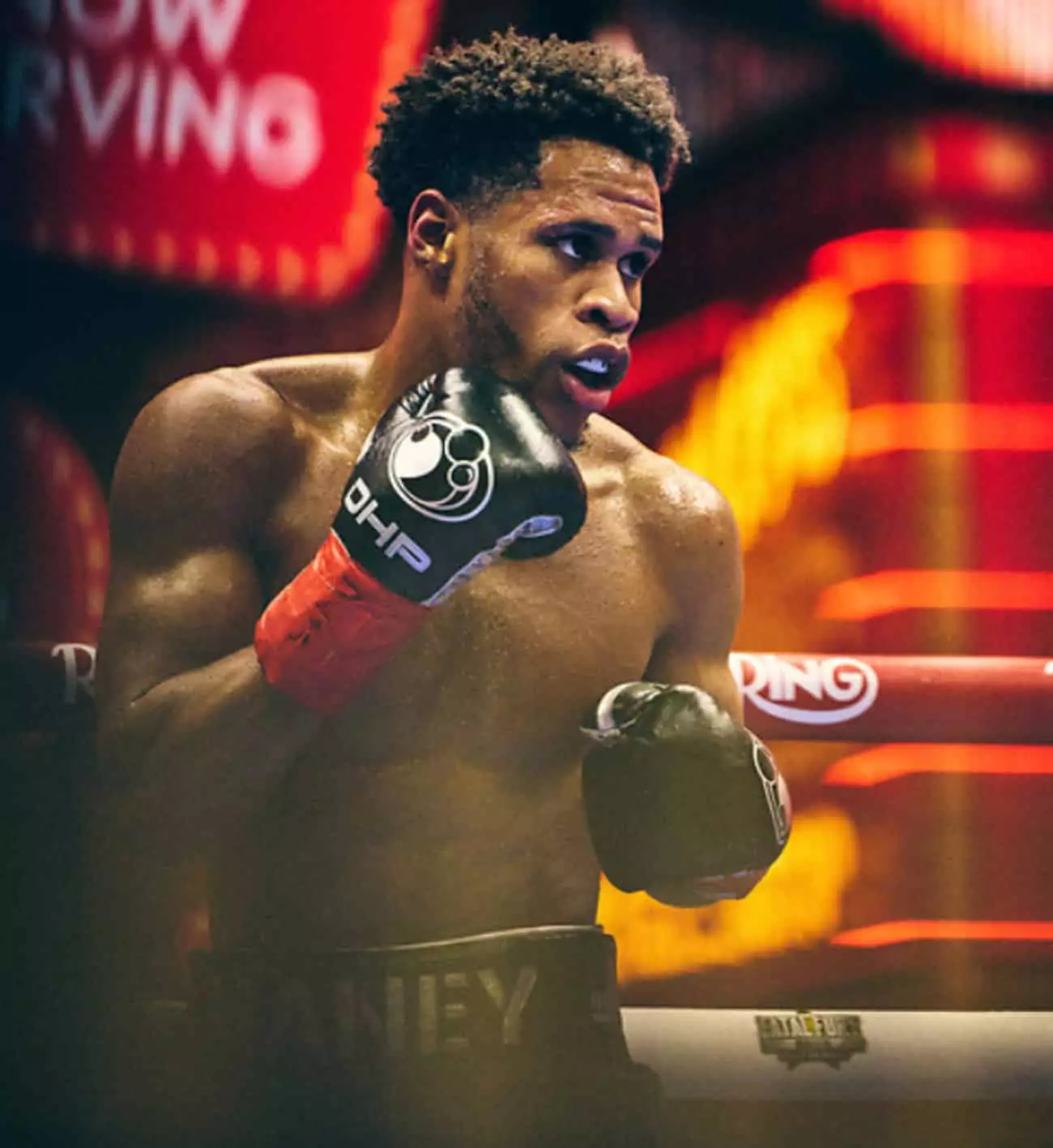In the ever-evolving landscape of professional boxing, performance standards are continuously critiqued and redefined. Recently, the spotlight has been firmly placed on Devin Haney following his much-debated bout against Jose Ramirez. Opinions are varied, yet one prevalent sentiment remains—Haney’s display was less than thrilling. Caleb Plant, the former IBF super middleweight champion, responded to criticisms surrounding Haney’s performance by shifting much of the blame to Ramirez. However, such a posture misses a critical point: it is the boxer in the ring who must shoulder the burden of captivating his audience.
Haney’s movement during the fight—meticulously executed yet lacking in aggression—was reminiscent of a masterclass in evasive tactics, and yet it felt like a masterclass in evasion, lacking the punch fans eagerly await. Plant may defend Haney’s game plan as a necessary aspect of professional boxing, but this only highlights a concerning shift in expectations. If avoiding confrontation is considered a legitimate strategy over engaging the opponent and showcasing skills, then the very essence of boxing is neglected.
Dissecting the Performance
Throughout the encounter, Haney exhibited a style that prioritizes survival and defense over excitement and spectacle. While it’s true that he sustained his movement for the full twelve rounds, one must question whether this kind of performance deserves applause or serves merely as a reminder of what boxing can become when entertainment takes a back seat. The fight showcased a withdrawn version of Haney who, instead of relishing the journey, seemed to be merely focused on the end result. This approach is particularly troubling, especially when considering the significant purse he secured—reportedly $10 million.
The role of any fighter is to not only win but to provide fans with a memorable experience. By focusing solely on avoiding damage and securing the victory, Haney deprives himself and the spectators of the thrilling exchanges that make boxing a captivating sport. Ironically, it is the very supporters who fuel the boxers’ careers that demand more than the withdrawal and caution demonstrated in the ring.
Expectations Versus Reality
Critics have credibly articulated that Haney’s approach could diminish the significance of his future fights, especially considering a prospective clash against Ryan Garcia. The reality of major boxing narratives is that they are often forged in the fires of compelling competition. Haney’s seemingly timid strategy may provide a temporary reprieve from defeat, but it lacks the excitement needed to elevate his profile among boxing’s elite.
During the fight, it became evident that Ramirez was attempting to engage, to make the contest competitive—something Haney frequently eluded. Plant’s assertion that it was Ramirez’s responsibility to push the fight fails to recognize that it is the champion’s duty to make compelling fights. While Ramirez’s style did play a part, it falls on the shoulders of the more skilled fighter to initiate exchanges and entice an audience yearning for thrilling combat.
Comparative Analysis: Styles in the Ring
Caleb Plant’s defense of Haney can also be seen as self-preservation of his own fighting style. Both boxers harbor similar tendencies that could lead to performances lacking in action. Plant himself has faced similar scrutiny after underwhelming bouts; thus, criticizing Haney risks shining a spotlight on his own shortcomings. It is a classic case of “the pot calling the kettle black,” where any criticism would ultimately reflect back on his own past performances.
Yet, for the sport to evolve and regain its former glory, sacrifices must be made, and entertainers must emerge. A fighter’s responsibility extends beyond simply evading punches. Athletic artistry lies in the balance between defense and offense—an exciting dance that captivates fans while skillfully inflicting damage on opponents.
The Path Forward
As boxing continues to grapple with varying opinions about acceptable fighting styles, individual fighters, specifically Haney, must reconsider their approach in the ring. The fans’ desire for enthralling clashes cannot be overlooked. It’s vital for boxers to walk the line between prudent defense and engaging offense. Simply put, winning must never come at the expense of entertainment.
Haney’s future hangs in the balance, with vital challenges ahead. In the quest for greatness, he must take it upon himself to reframe not only his strategy but also the narrative surrounding his performances. If fans are to invest emotionally and financially in the sport, they must believe in not just a fighter’s potential for victory, but also their ability to bring excitement, drama, and the thrill of combat to each bout. It’s time for Devin Haney to elevate his presence and redefine what it means to be a champion in the modern boxing arena.


Leave a Reply